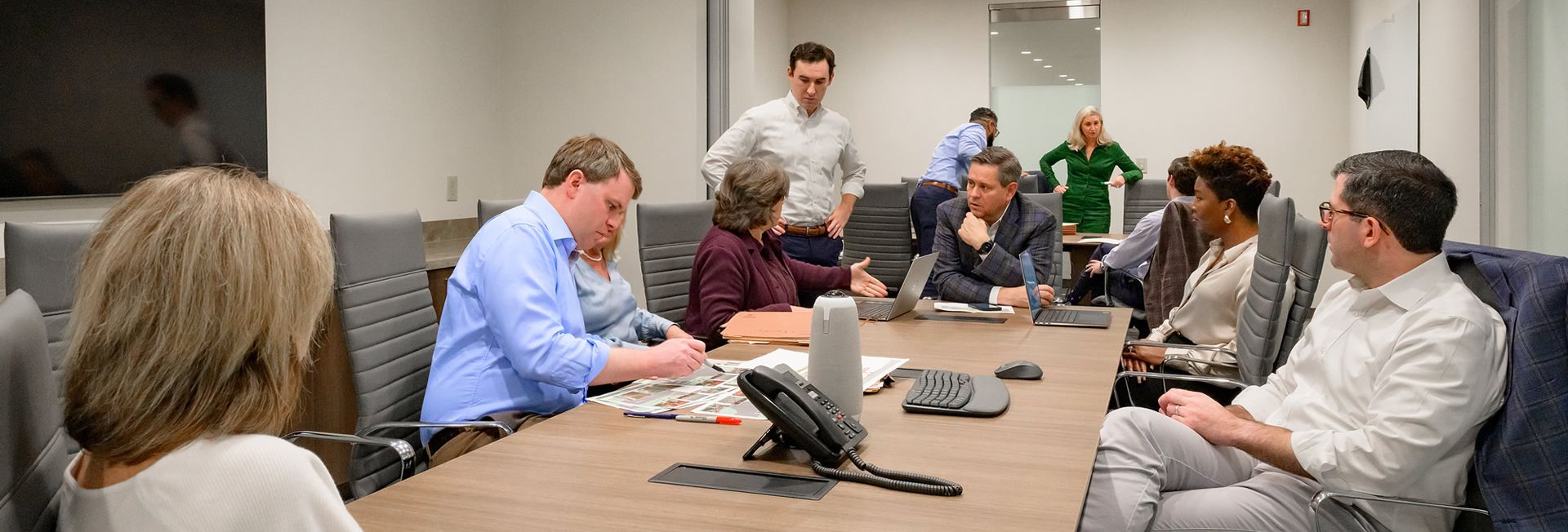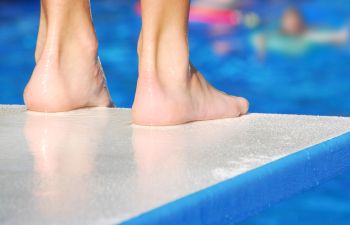Georgia Swimming Pool Accidents and Premises Liability Law: What You Need to Know
Swimming pools offer a fun and relaxing way to spend time, but they can also pose serious hazards. Accidents around pools—such as slips and falls, drownings, and injuries from faulty equipment—are unfortunately common. In Georgia, property owners have specific responsibilities to ensure the safety of those on their premises. At Conley Griggs Partin LLP in Atlanta, GA, we help victims and their families understand and pursue premises liability claims following swimming pool accidents.
Premises Liability and Property Owner Responsibility
In Georgia, premises liability law requires property owners to maintain reasonably safe conditions for all who enter their property, including swimming pools. This responsibility extends to both public and private pools. Property owners are required to take steps to prevent foreseeable accidents, especially around inherently dangerous areas like swimming pools. This includes securing pools to prevent accidental drowning, maintaining proper pool barriers or fences, and ensuring that pool areas are free of hazards.
Drowning remains one of the leading causes of death for children, especially young children ages 1 to 4, according to the Centers for Disease Control and Prevention (CDC). In 2020, Georgia saw numerous tragic drowning incidents, particularly in residential pools where safety measures like gates or alarms were lacking. Property owners are legally liable when their negligence in maintaining these safety features results in injury or death.
Common Causes of Swimming Pool Accidents
Swimming pool injury and fatality accidents can happen in various ways, but some common causes include:
- Insufficient Fencing and Barriers: In Georgia, pool owners are required to install adequate barriers, such as fences with locking gates, to prevent unsupervised access, especially by young children. Without these, accidental drownings are a serious risk.
- Lack of Warning Signs or Depth Markings: Public pools, in particular, should have clear signage indicating depth, as well as warnings about the risks of diving.
- Poor Maintenance of Pool Equipment: Faulty pool drains, loose ladders, or broken tiles can lead to severe injuries. For example, defective pool drain covers can cause entrapment, leading to drowning or severe injury.
- Inadequate Supervision: Public or commercial pools should have trained lifeguards present or at least clear policies to ensure safety if lifeguards are not available.
What Damages Can Be Recovered?
When swimming pool accidents result from a property owner’s negligence, victims may seek compensation through a premises liability claim. Damages may cover medical expenses, lost wages, pain and suffering, and in tragic cases, funeral expenses. Additionally, in cases of severe negligence—such as failing to repair known hazards—courts may also award punitive damages to penalize the property owner.
Pursuing a premises liability claim after a swimming pool accident can be complex, requiring evidence of negligence, such as maintenance records, witness statements, and expert evaluations. At Conley Griggs Partin LLP, we understand the intricacies of Georgia premises liability law and have experience representing clients in swimming pool accident cases. We work closely with accident reconstruction experts, pool safety specialists, and medical professionals to build compelling cases for our clients.
If you or a loved one has been injured in a swimming pool accident due to someone else’s negligence, Conley Griggs Partin LLP is here to help. We are dedicated to helping you seek justice and the compensation you deserve while working to raise awareness about pool safety in Georgia. Contact us today for a consultation, and let us guide you through your legal options.
Posted on behalf of

